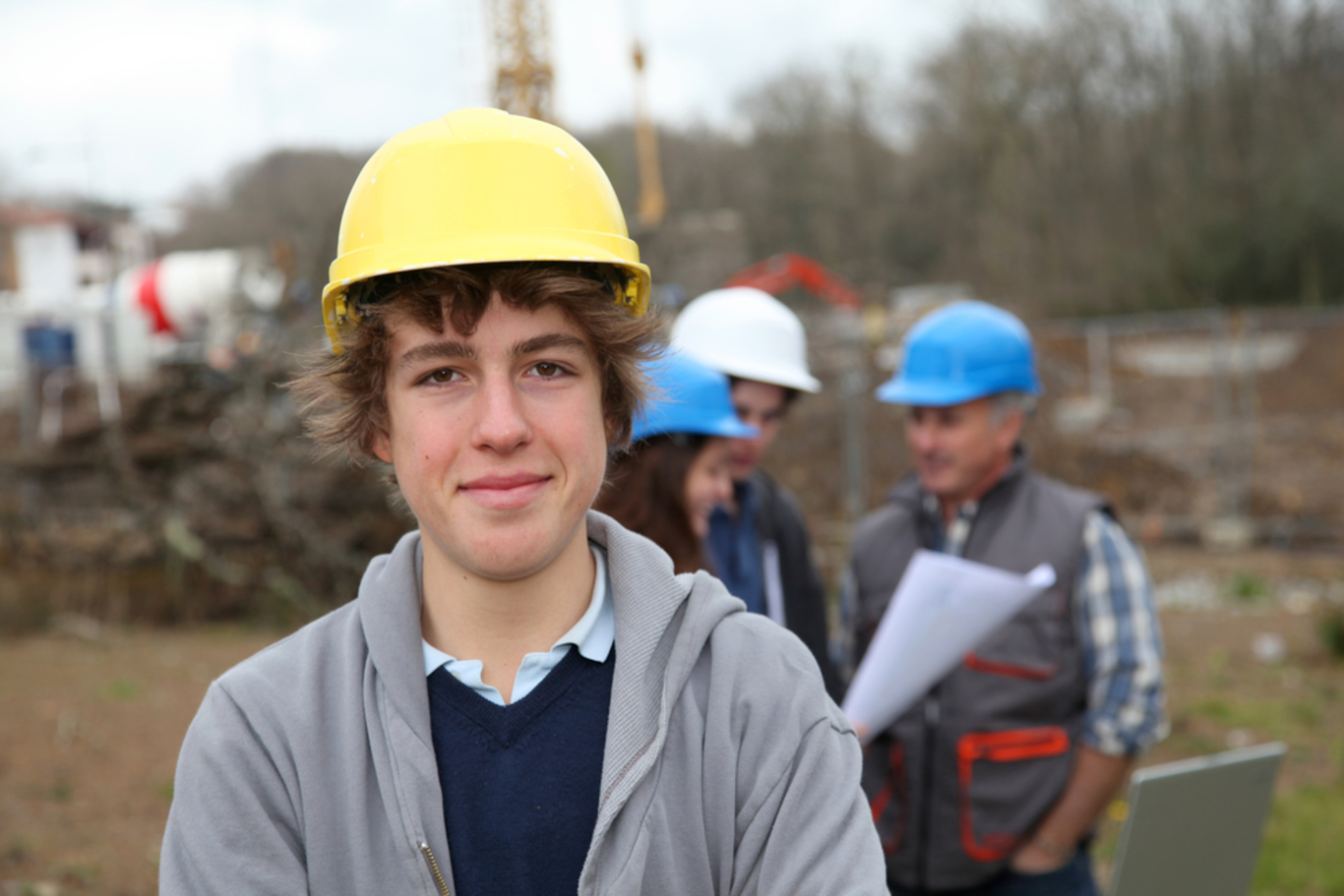Some see apprenticeships as 'settling for less', but they'll fix youth unemployment
When it comes to providing hands-on training for young people, we’re falling behind.
OVER THE PAST number of years, Ireland has seen overall unemployment continue to fall and that really is an encouraging sign for the country.
A decade on from the crash of the Celtic Tiger and it’s the so-called Celtic Phoenix that is rising as renewed confidence in the Irish economy emerges.
However, not every section of society has experienced the benefits of this recovery equally and there needs to be a discussion on how to tackle this.
Take for example the current rate of youth unemployment in Ireland.
Unemployment for those aged 15 to 24 stands at more than double the overall rate of those out of work. Youth unemployment is 13.7% and this is at a time when employers are struggling to find the right talent to match their needs.
Clearly something needs to be done to channel the latent potential of Irish youth or the country risks creating a skills gap in its workforce.
I understand that this isn’t a problem with a single solution, but I believe that a significantly expanded apprenticeship programme should feature in any strategy to address this.
Future targets
Last year, Minister for Education and Skills Richard Burton announced plans to increase the number of apprenticeships and traineeships from approximately 10,000 to 50,000 by 2020.
We welcome the minister’s commitment to broaden the apprenticeship programme and especially the promise in the Budget to fund 10 new apprenticeships – without long-term strategic thinking and investment, Ireland is at risk of falling dangerously behind its neighbours.
Germany currently offers 300 apprenticeship courses while Irish apprentices currently have only 27 to choose from. In Switzerland, over 70% of all 15 to 19 year olds take part in apprenticeships.
Ireland is also lagging behind its neighbours in terms of female participation in apprenticeships. Just 33 out of 10,000 Irish apprentices were women while in the UK over half of apprentices are female.
The government has shown that it’s willing to take on this problem and last year I was encouraged to see the former Minister for Justice and Equality, Frances Fitzgerald, calling for greater levels of female participation in apprenticeships as part of the National Strategy for Women and Girls 2017-2020.
Ireland rightly prides itself in its ability to attract top flight companies to come and settle here and if we want to maintain our reputation, we have to maintain our workforce.
Having an engaged and experienced pool of workers is a crucial pull factor for bringing business to our shores and apprenticeships absolutely have a role to play in that.
If we fail to put in place a comprehensive and attractive offering of apprenticeships, we risk creating gaps in Ireland’s workforce.
Apprenticeships attract people to the kind of skills-based, hands-on work that is vital in any economy. We are already starting to see signs of industries suffering due to a lack of skilled professionals in their sector.
In 2016, Adrian Cummins, CEO of the Restaurant Association of Ireland, announced that restaurants were being forced to close due to a lack of properly trained staff and that 5,000 new chefs a year would be needed to meet demand. We are seeing the same story playing out across a number of different sectors.
Typically, when Irish people think of apprenticeships, they picture someone engaged in the craft and construction sectors.
While these will remain a key part of Ireland’s apprenticeship offering, it is important that the variety of courses available is broadened to include new alternatives that can give people a start in careers in emerging and in-demand sectors such as social media and aviation.
Apprenticeships in areas like insurance can provide an introduction to office-based work and have proven successful in attracting a higher proportion of female apprentices.
A career path for everyone
An undergraduate degree seems to have become a minimum requirement for many careers and I would question whether it is always necessary.
Third-level education is a fantastic opportunity for many, but it is demonstrably not suitable for everyone.
One in six students in tertiary education are not progressing beyond their first year. As colleges and universities strain to meet rising demand, we should avoid funnelling people into third level simply because they have feel they have no viable alternatives.
For many, taking time to complete a three- or four-year degree is simply not the best option. Apprenticeships give people the opportunity to gain hands-on, real-world experience and to ‘earn while they learn’ which is often a crucial factor.
While undertaking an apprenticeship has in the past been viewed by some as ‘settling for less’, I think this is both unfair and inaccurate.
Choosing the right way to enter the workforce is a question of finding a path that suits an individual’s talents, interests and circumstances. Many highly successful and fulfilling careers have begun as apprenticeships – including that of Seetec UK’s managing director, John Baumback.
Expanding the apprenticeship programme in Ireland is all about providing people with more options when they are looking for a springboard to launch their new career.
We would encourage all jobseekers and employers to research apprenticeships and to explore the benefits that they offer.
Mouna Prenty is CEO of employment and training provider Seetec Ireland.






